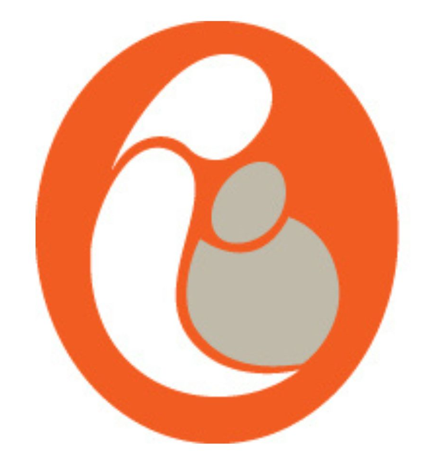Severe maternal morbidity has become an important quality indicator of obstetric care and maternal welfare in developed countries over the last decade.
The term, "maternal morbidity" encompasses a range of chronic and acute conditions which may result in obstetric complications during labour, delivery and the puerperium. However, there is an absence of international consensus on definitions of "severe maternal morbidity", which impedes comparative analysis between similarly resourced countries.
In collaboration with the multidisciplinary-specialist NPEC Maternal Morbidity Group, the NPEC has collected and analysed anonymised maternal morbidity data from Irish maternity units since 2011. The NPEC also conducts detailed assessments of pertinent morbidities and morbidity-related topics such as: critical care in obstetrics and major obstetric haemorrhage. The purpose of the audit is to provide both baseline evidence for reflective practice and action planning by public maternity health care providers, public health professionals and policy makers in Ireland.
The NPEC uses the Severe Maternal Morbidity Notification Form to collect its data. You can find the form on this page.
For further information on the Severe Maternal Morbidity Audit, please contact Edel Manning (e.manning@ucc.ie) and Jessica Keane (JKeane@ucc.ie)
- The incidence of MOH was 3.56 and 3.38 per 1,000 maternities in 2021 and 2022 respectively, a 47% increase since 2011.
- Almost three quarters (72%) of MOH events occurred in the post-partum period.
- The mean reported blood loss was 3,000mls.
- Women with a high BMI and women with multiple pregnancy had a higher risk of MOH.
- Over a quarter (27%) of women required a blood transfusion of five or more units and over half (62%) received treatment for coagulopathy.
- Quantitative measurement of blood loss was reported in most Major Obstetric Haemorrhage cases (98% in theatre and 96% in the labour ward).
Major Obstetric Haemorrhage
- The most common cause of Major Obstetric Haemorrhage associated with vaginal delivery was retained placenta/membranes (43%) followed by uterine atony (32%). Conversely, for women delivered by caesarean section, common causes of MOH were uterine atony (29%), placenta praevia (15%) and bleeding from uterine incision (14%).
- The most common cause of Major Obstetric Haemorrhage associated with vaginal delivery was retained placenta/membranes (43%) followed by uterine atony (32%). Conversely, for women delivered by caesarean section, common causes of Major Obstetric Haemorrhage were uterine atony (29%), placenta praevia (15%) and bleeding from uterine incision (14%).
- An emergency caesarean section was performed at full cervical dilation in 16% of Major Obstetric Haemorrhage. cases. In two thirds (77%) of these cases a consultant obstetrician was present at the delivery.
Major Obstetric Haemorrhage
- Senior multidisciplinary healthcare professionals were present at most (98%) Major Obstetric Haemorrhage events.
- Fewer consultant obstetricians and anaesthetists (79%) were present at Major Obstetric Haemorrhage events occurring out of hours compared to when the event occurred between 8am and 5pm (91%).
- Almost half (49%) of women experiencing a Major Obstetric Haemorrhage were admitted to a high dependency unit and 28% were cared for in an ICU.
Monitoring
- Almost all cases (96%) reported the availability of a Major Obstetric Haemorrhage protocol.
- An obstetric heamorrhage proforma was used in 63% of Major Obstetric Haemorrhage cases. In most cases where a proforma was not used, the woman was managed in theatre.
- A maternity early warning system (IMEWS) was used in 89% of cases.
- Invasive monitoring: central venous pressure line14% & arterial line 49%.
Prevention
- A prophylactic uterotonic agent was administered at birth to 95% of the women who experienced a Major Obstetric Haemorrhage.
Stop the bleeding
-
- 82% of women experiencing MOH had one or more haemostatic surgical procedures carried out.
- Overall intra-uterine balloon tamponade was the most common haemostatic surgical procedure (33%).
- Ten percent (9.6%) required a peripartum hysterectomy.
Learning points
- Quality of Care
- Appropriate, well managed care was reported in 87% of cases.
- Formal debriefing was provided for 89% women experiencing MOH.
- Lack of debriefing for staff following a MOH event is a lost learning opportunity.
- Quality of documentation
- Documentation of timing and blood loss at time of pharmaceutical and surgical interventions in the management of MOH is suboptimal.



